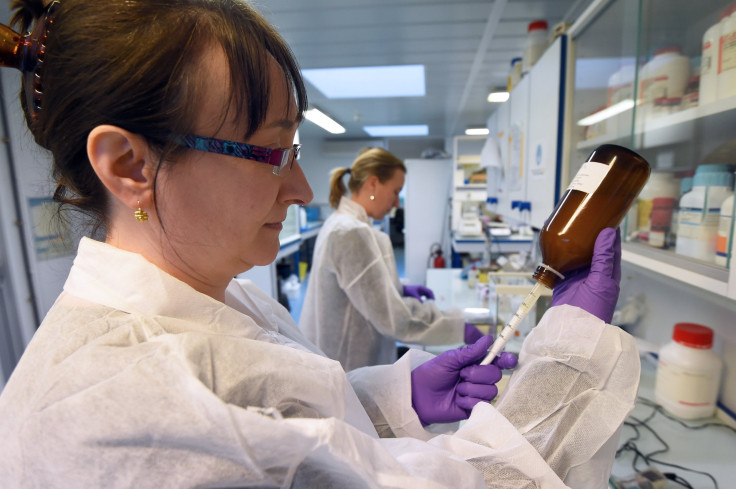Tuberculosis Drug Cycloserine's Massive Price Hike By Rodelis Therapeutics Rolled Back

A massive overnight price increase for a specialized tuberculosis drug was rescinded Monday after the company that acquired the drug's rights returned it to its previous owner, following public outcry. Rodelis Therapeutics had acquired the rights to cycloserine last month, and reportedly raised prices 2,600 percent, from $500 for 30 capsules to $10,800.
After sustained criticism from the drug’s original owner, the nonprofit Chao Center for Industrial Pharmacy and Contract Manufacturing, which is affiliated with the Purdue Research Foundation, the patent was returned to the organization Monday, the New York Times reported.
“We said [to Rodelis] this was not what we had intended,” Dan Hasler, the foundation’s president, told the Times. “We discovered literally on Thursday the strategy that had been undertaken,” he added, referring to the price hike.
The foundation will now charge $1,050 for 30 capsules, a doubling in price that is still vastly below Rodelis’ increase. Hasler said the new price was needed to mitigate losses as the drug had cost the Chao Center roughly $10 million since it acquired its rights in 2007.
Cycloserine is only used to treat tuberculosis cases that prove resistant to other drugs. The drug is used to treat about 40 patients a year.
Cycloserine first went on sale in 1955, and was produced by Eli Lilly and Co. until about 2000, when it transferred manufacturing rights and skills to generic drug companies in India, China, South Africa and other countries as a philanthropic move.
The news comes amid another controversy over a 5,000 percent price hike for antiparasitic drug Daraprim by Turing Pharmaceuticals AG. That case received significantly more media attention after a New York Times report Sunday, and prompted Democratic presidential hopeful Hillary Clinton to declare: “Price gouging like this in the specialty drug market is outrageous,” and vow to create a plan to discourage the practice.
The Nasdaq Biotechnology Index fell more than 4 percent Monday amid fears among investors of stronger government interventions to control pharmaceutical prices.
© Copyright IBTimes 2025. All rights reserved.





















